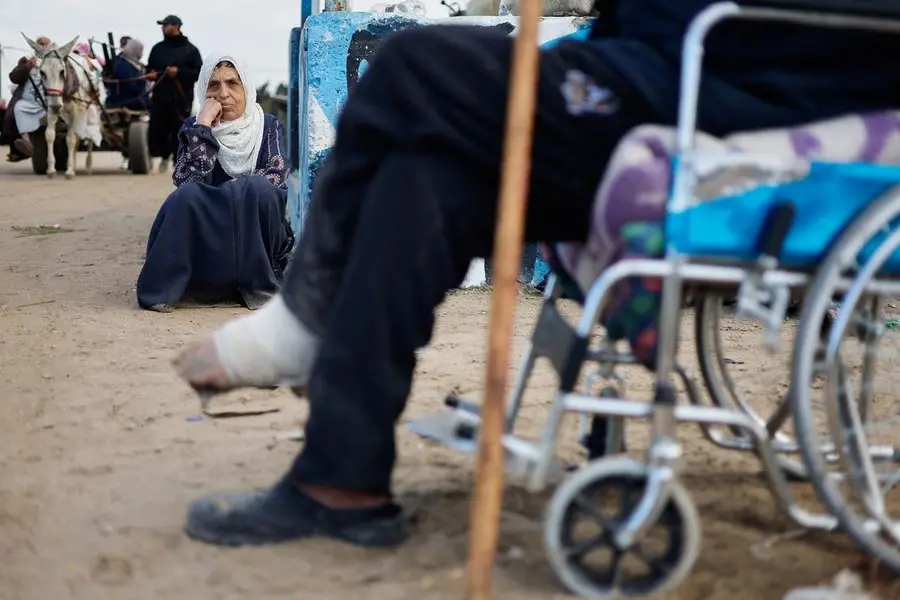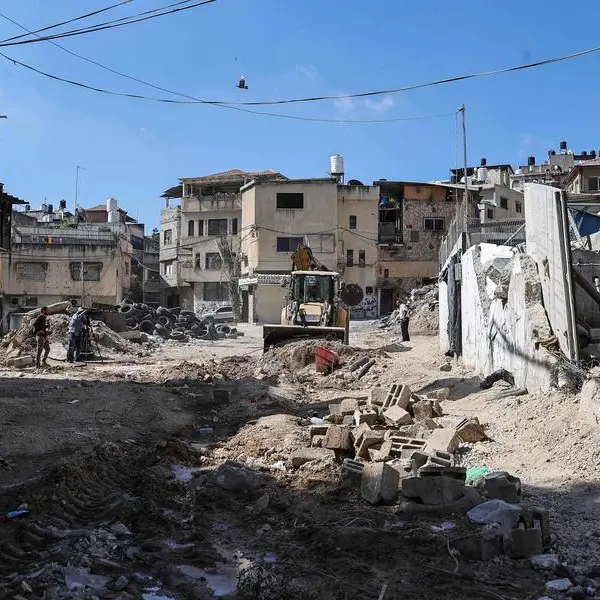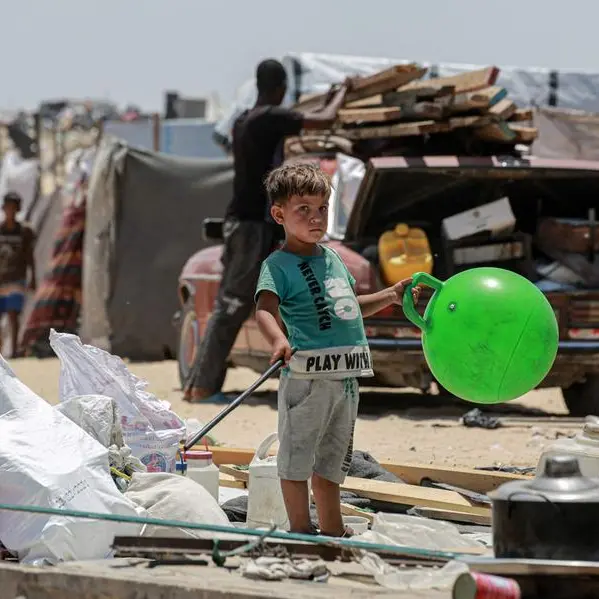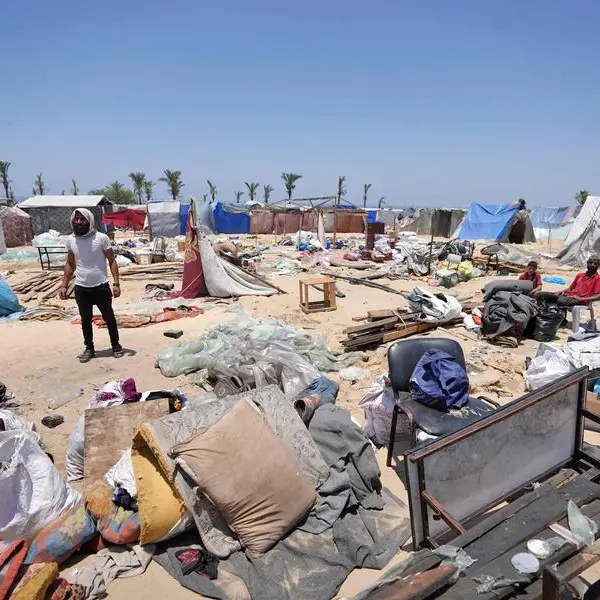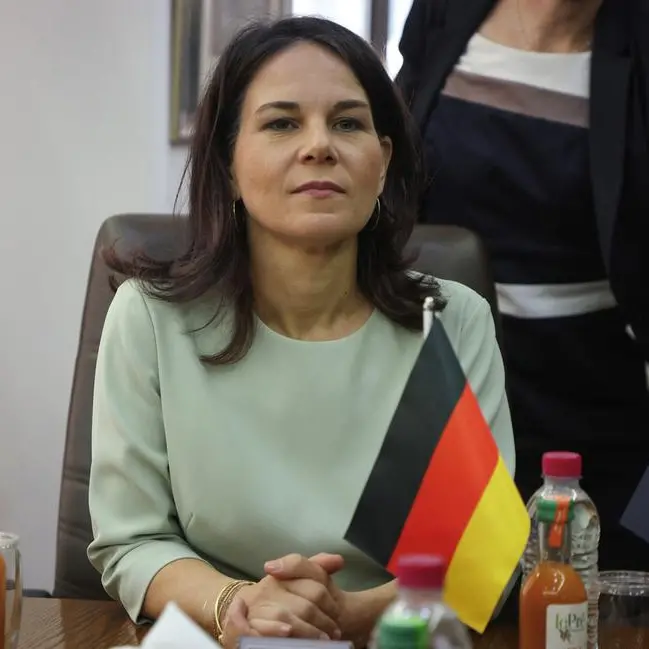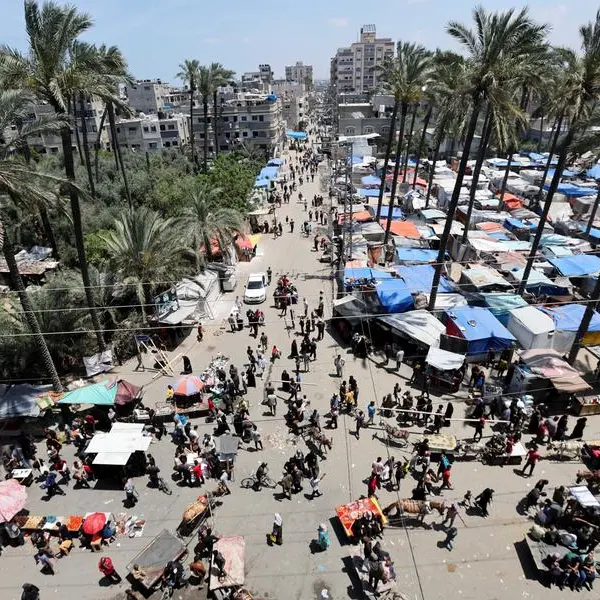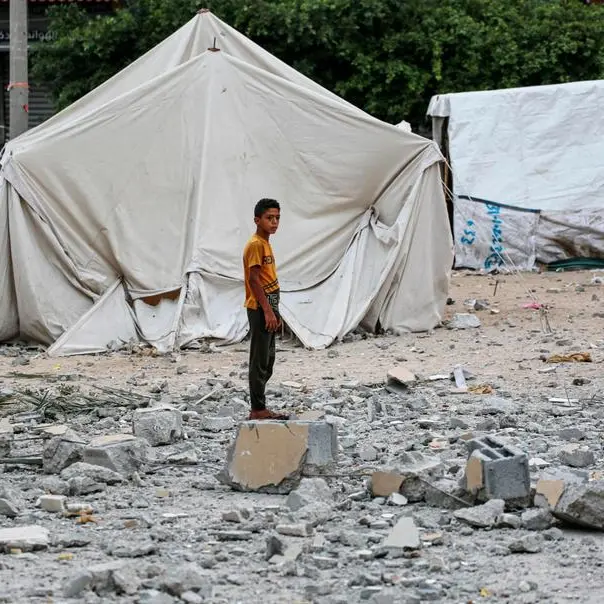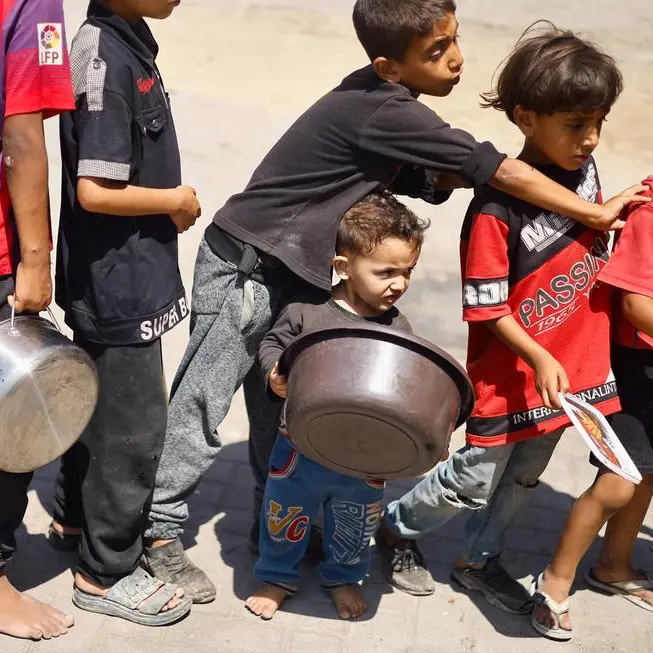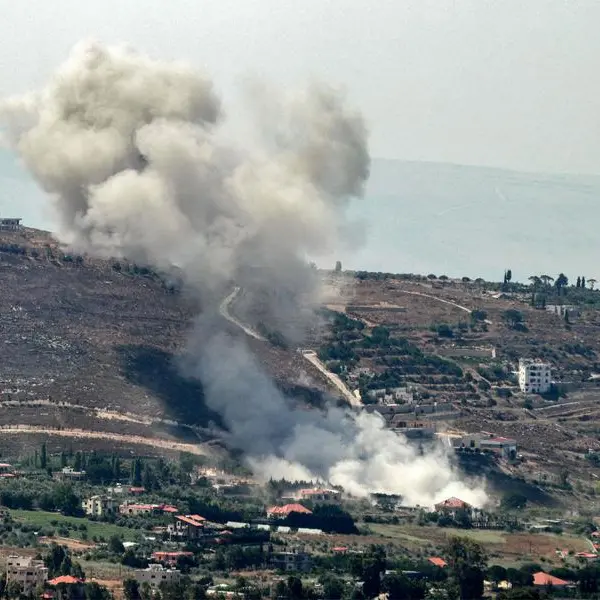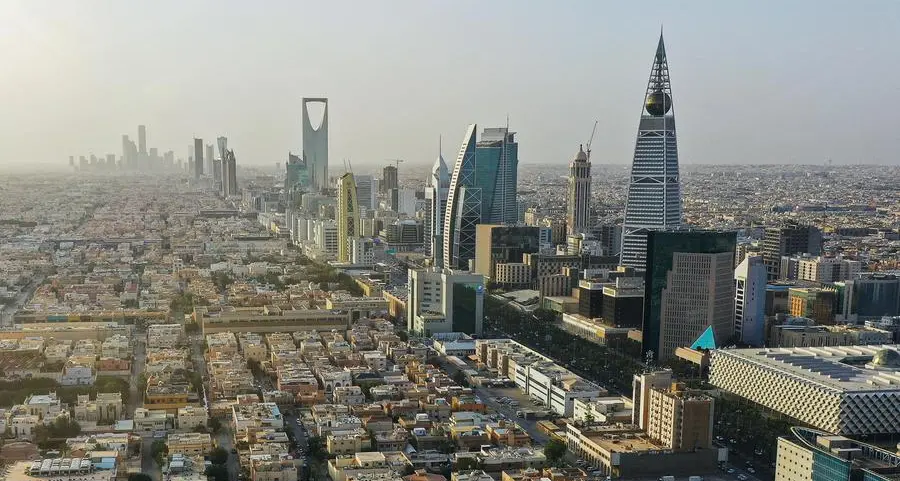PHOTO
GENEVA/CAIRO: The World Health Organization said on Tuesday it had completed a second evacuation mission from Gaza's Nasser Hospital but voiced concern for nearly 150 patients and medics who remain at the site amid continuing fighting.
The Nasser Hospital in Khan Younis, Gaza's second-largest, stopped working last week after a week-long Israeli siege followed by a raid, the U.N. agency said. WHO staff and other aid groups have so far evacuated a total of 32 critical patients including injured children and those with paralysis, but the agency is concerned for those left behind with supplies dwindling.
"WHO fears for the safety and well-being of the patients and health workers remaining in the hospital and warns that further disruption to lifesaving care for the sick and injured would lead to more deaths," the WHO said on the social media site X, saying those remaining included 130 patients and 15 medics.
Israel says Hamas, the Islamist group that has run Gaza since 2007, uses hospitals for cover. Hamas denies this and says Israel's allegations serve as a pretext to destroy the healthcare system.
The WHO's Tarik Jasarevic told reporters in Geneva that WHO staff who were part of the rescue mission had to navigate through pitch-black corridors with flashlights to find patients against a backdrop of gunfire.
Help had to arrive on foot because a deep, muddy ditch near the site made the road impassable, the WHO said.
"It's very difficult to see these scenes of people just being cut off," Jasarevic said, saying food supplies were limited. "It's heartbreaking to see that there are people in health facilities who are not able to be treated correctly."
Efforts to transfer the remaining patients are continuing, WHO said. The site has no electricity or running water and medical waste and garbage are "creating a breeding ground for disease," it added.
Palestinian health authorities said the situation had reached a "catastrophic level" and that Israeli forces had effectively converted the site into a "military barracks."
At least eight patients have already died at the facility, mostly due to fuel shortages and oxygen shortages, Palestinian health authorities have said. They said the lives of those remaining there are directly threatened.
The more than four-month-old war was triggered by a Hamas attack on southern Israel on Oct. 7 in which 1,200 people were killed and 253 taken hostage, according to Israel.
Intent on destroying Hamas, Israel has responded with an air and ground assault that according to the Gaza health ministry's tallies has killed 29,195 Palestinians and wounded more than 69,000.
NEW INCURSION
As night fell on Tuesday, Palestinian health officials said two Israeli air strikes in Rafah, Gazans' last refuge, killed six people including two traveling in a car. In Central Gaza areas, medics said 12 people have been killed, most of them during an air strike on a house in Deir Al-Balah city.
The war has displaced most of the enclave's 2.3 million people and over 1 million of them are now living in U.N. shelters or in tents and cardboard boxes in the southernmost tip of the enclave, against the border with Egypt.
A little before midnight, an Israeli air strike on a house in the city of Rafah, where over a million people are concentrated, killed eight people, health officials said.
In the nearby city of Khan Younis, residents said Israeli tanks advanced on the coastal road effectively separating Khan Younis and Rafah from the rest of the enclave.
The Palestine Red Crescent Society (PRCS) said its medical teams evacuated two bodies and eight injured people from the Médecins Sans Frontières (Doctors Without Borders) headquarters on the coastal road, Al-Rashid Street, west of Khan Yunis.
"The mission was carried out in coordination with and accompanied by a team from the United Nations Office for the Coordination of Humanitarian Affairs (OCHA). They were transported to the International Medical Corps field hospital in #Rafah," PRCS said in a statement on social media platform X.
In Cairo, Hamas chief Ismail Haniyeh, who is based in Qatar, was expected to hold new meetings with Egyptian officials, who along with Qatari counterparts were trying to mediate a new hostage deal between the Islamist faction and Israel, but gaps remain. (Reporting by Emma Farge in Geneva and Nidal Al-Mughrabi in Cairo Editing by Ros Russell, William Maclean and Matthew Lewis)
Reuters
